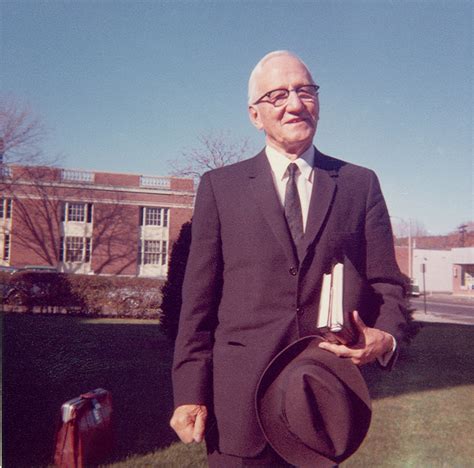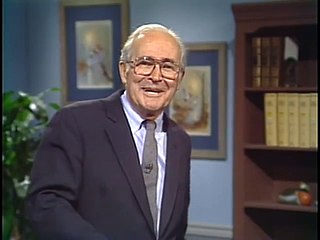A Quote by Rudyard Kipling
Yet there be certain times in a young man’s life, when, through great sorrow or sin, all the boy in him is burnt and seared away so that he passes at one step to the more sorrowful state of manhood
Related Quotes
Repentance out of mere fear is really sorrow for the consequences of sin, sorrow over the danger of sin — it bends the will away from sin, but the heart still clings. But repentance out of conviction over mercy is really sorrow over sin, sorrow over the grievousness of sin — it melts the heart away from sin. It makes the sin itself disgusting to us, so it loses its attractive power over us. We say, ‘this disgusting thing is an affront to the one who died for me. I’m continuing to stab him with it!’
There was never a man born so wise or good, but one or more companions came into the world with him, who delight in his faculty, and report it. I cannot see without awe, that no man thinks alone and no man acts alone, but the divine assessors who came up with him into life,--now under one disguise, now under another,--like a police in citizen's clothes, walk with him, step for step, through all kingdoms of time.
All coming to Jesus has the feeling of homecoming upon it. All going away from Him has the sense of estrangement upon it. The rich young ruler went away from Jesus "sorrowful." Everybody does. Not only estrangement from God, but also estrangement from oneself. And the universe! And from life! You are not at home with life, unless you are at home with Life. And Jesus is Life!
All societies are evil, sorrowful, inequitable; and so they will always be. So if you really want to help this world, what you will have to teach is how to live in it. And that no one can do who has not himself learned how to live in it in the joyful sorrow and sorrowful joy of the knowledge of life as it is.
The Scoutmaster guides the boy in the spirit of an older brother... He has simply to be a boy-man, that is: (1) He must have the boy spirit in him: and must be able to place himself in the right plane with his boys as a first step. (2) He must realise the needs, outlooks and desires of the different ages of boy life. (3) He must deal with the individual boy rather than with the mass. (4) He then needs to promote a corporate spirit among his individuals to gain the best results.
I will trust Him. Whatever, wherever I am, I can never be thrown away. If I am in sickness, my sickness may serve Him; in perplexity, my perplexity may serve Him; if I am in sorrow, my sorrow may serve Him. My sickness, or perplexity, or sorrow may be necessary causes of some great end, which is quite beyond us. He does nothing in vain.
To the artist He is the one altogether lovely, and to the educator He is the master teacher. To the philosopher He is the wisdom of God, and to the lonely He is a brother; to the sorrowful, a comforter to the bereaved, the resurrection and the life. And to the sinner he is the Lamb of God who takes away the sin from the world.






































